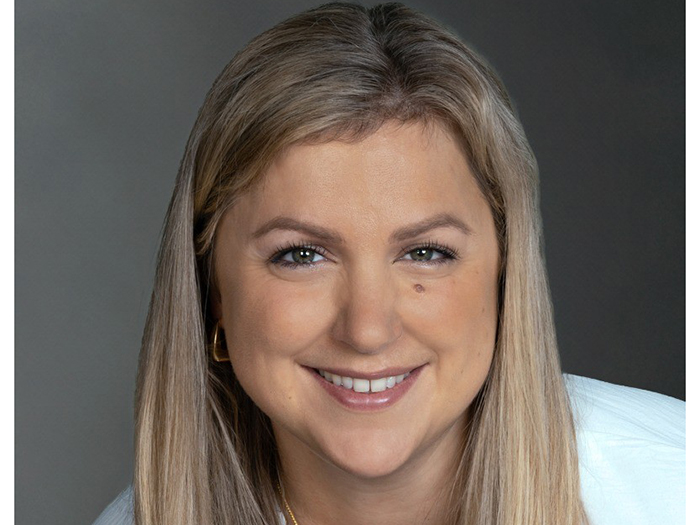Legal Roundup: Meat Plant Pays ‘Smelly’ Fine, Cruise Line on the Hook for Forcing a Dying Man to Stay Onboard and More

Doctor Convicted in $13 Million “Fountain of Youth” Scheme
The Case: Pittsburgh cardiologist Dr. Samirkumar J. Shah had been accused of defrauding “patients and insurers out of more than $13 million in a so-called ‘fountain of youth’ medical treatment scheme,” according to the Pittsburgh Tribune-Review.
He used a procedure called external counter pulsation (ECP) to treat angina, chest pain caused by a heart problem.
“Shah claimed that his ECP treatments could make patients ‘younger and smarter’ and cure a range of ailments, including obesity, migraines, high and low blood pressure, diabetes and erectile dysfunction. He also claimed the process could boost energy and stamina and enhance weight loss,” the Tribune-Review said.
Prosecutors said the treatment was not medically necessary, and that he double billed insurers and didn’t properly monitor patients.
Scorecard: Shah was convicted on two counts of federal health care fraud, according to the Tribune-Review. He faces a maximum sentence of 10 years.
Takeaway: Health care fraud is being taken seriously by prosecutors.
Cruise Ship Company Sued For Allegedly Forcing a Dying Man to Stay on Ship
The Case: Jeffrey Eisenman suffered a heart attack and later died while aboard a Carnival cruise ship.
His family alleges that Carnival staff and medical personnel didn’t let Eisenman leave the cruise ship to get treatment. The family claims, according to the Miami Herald, that Eisenman “died onboard while confined to the medical center of the Carnival Sunshine against his will” and that the family was “forced to watch on in horror at his mistreatment and decline into a gruesome death.”
Carnival claims it “followed all proper procedures” and that “Mr. Eisenman’s treatment plan and keeping him on the ship was formulated in consultation with his family.”
Scorecard: The case is in the preliminary stages, it’s too early to tell the outcome.
Takeaway: Medical emergencies can happen anywhere — even places without adequate treatment centers. (Eisenman fell ill near Grand Turk, which has no cardiac unit. The family hoped to fly him immediately to Miami.)
Precautions must be taken by travelers and hospitality companies to combat high-risk health scenarios.
Town Gets Victory Over Smelly Meat Processing Plant
The Case: Iowa Drying & Processing (IDP) challenged an odor ordinance in Sibley, Ia., claiming it was unconstitutionally vague and led the company to be unfairly targeted.
The plant racked up 45 citations costing more than $42,000.
The Sioux City Journal reports: “In addition to claiming Sibley’s odor ordinance was unconstitutional, the lawsuit said the city’s enforcement had crippled IDP’s ability to operate the plant, causing more than $3.5 million in damages because it had to change to less profitable business practices that resulted in lower revenues.
“IDP also had said the city intentionally interfered with its efforts to sell the 160,000-square-foot plant, resulting in offers a fraction of what the company invested in the plant.”
Scorecard: A U.S. district judge “granted a summary judgment request filed by the city, ruling that the ordinance was not unconstitutionally vague and that the ‘public nuisance’ concept within the ordinance has long been upheld by other courts.”
The judge also said the city’s actions did not harm the company or cost it profits.
Takeaway: Odor pollution is a big deal, especially when it’s upsetting local residents. Companies fare best when precautions are put in place.
Zurich Must Defend Company Accused of Rate Misrepresentation
The Case: Electricity Maine LLC had been accused of misrepresenting charges and sending customers higher bills than they expected.
The company exercised its directors and officers coverage, claiming that Zurich American Insurance Co. must defend them against the class action.
“Two Electricity Maine customers want to represent 200,000 people who saw their electricity rates jump after their policies automatically renewed. They’re seeking $35 million in damages, alleging state law negligence and federal racketeering claims,” according to Bloomberg.
Zurich American Insurance claimed it didn’t have to defend Electricity Maine.
Scorecard: A federal appeals court found that Zurich American Insurance does have to defend the utility, upholding a district court ruling.
Takeaway: Directors and officers liability coverage extends to potential wrongdoing like the misrepresentation of charges. &










